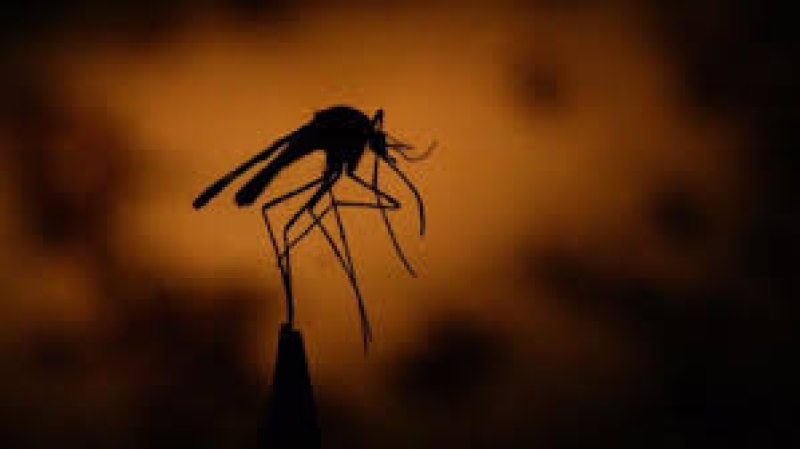- Puppet show enchants Children as Boi Mela comes alive on day 2 |
- DSCC Admin Salam’s drive to make South Dhaka a ‘clean city’ |
- 274 Taliban Dead, 55 Pakistan Troops Killed |
- Now 'open war' with Afghanistan after latest strikes |
- Dhaka's air quality fourth worst in world on Friday morning |
Mosquito Menace Intensifies in Dhaka During Eid Holidays

While many across Bangladesh celebrated Eid, residents of Dhaka found themselves battling a growing mosquito crisis. As mosquito populations surged, the city faced a rising public health concern, exacerbated by lapses in mosquito control efforts during the holiday period.
Criticism has been directed at the Dhaka North and South City Corporations for failing to maintain consistent mosquito control during the holidays. Despite some fogging and larvicide operations conducted before Eid, officials acknowledged that more than half of these efforts were suspended during the holiday period due to staff shortages.
The seasonal change has only worsened the situation, with a sharp increase in both Culex and Aedes mosquito populations.
Habibur Rahman, a resident of Hatirjheel in Dhaka North, described the issue: "Mosquitoes have multiplied several times over the past few days. Despite using a net for my baby, there’s no relief. Even on the streets, mosquitoes swarm after sunset." He added that living near a lake made the situation worse, with mosquitoes entering his home in large numbers.
A mosquito control worker in the area, speaking anonymously, confirmed the slowdown of operations during Ramadan and Eid. "Most of us were on leave during Eid. The remaining staff did some fogging and larviciding, but it was limited," the worker explained.
Rafiq Master, a mosquito supervisor for Ward 36 in Dhaka North, acknowledged that full operations could not continue during Ramadan due to objections to fogging during Iftar. "Now, many workers are yet to return, but operations should resume fully by Saturday," he said.
Residents in areas like Kalyanpur, Uttarkhan, Mirpur, Agargaon, Tejgaon, and Mohakhali reported similar problems with increased mosquito activity and insufficient control efforts.
In Dhaka South, the situation was even more dire, with many areas seeing a complete halt in mosquito control efforts during the holidays. Kazi Dewan from Bongsahal in Old Dhaka shared, "Dhaka feels like a mosquito kingdom during Eid. Even with nets, we're still being bitten. The drains are clogged with waste, but the City Corporation has done little."
Dr. Nishat Parveen, chief health officer (additional charge) of Dhaka South, confirmed that workers took three days off during the holidays but that about 50% of operations continued during the remaining period.
Md. Asif Iqbal, senior insect control officer of Dhaka North, noted that regular work has resumed, but the rapid waste buildup has limited the effectiveness of insecticide spraying. "Culex mosquitoes are breeding in lakes and ponds, and we've started testing BTI in some areas," he said.
Entomologist GM Saifur Rahman from the National University warned that the density of Culex mosquitoes is doubling every week. "Fogging is ineffective with outdated insecticides, and without better control methods, mosquito numbers will continue to rise," he said.
He also cautioned that Aedes mosquitoes, which spread dengue, will increase with the coming rainy season. "Dengue is already spreading beyond Dhaka, and if urgent action isn't taken nationwide, the outbreak could worsen."
Government data reported 13 new dengue cases on Thursday alone, and in the first three days of April, 19 people were hospitalized, bringing this year’s total to 1,890 cases and 13 confirmed deaths.

